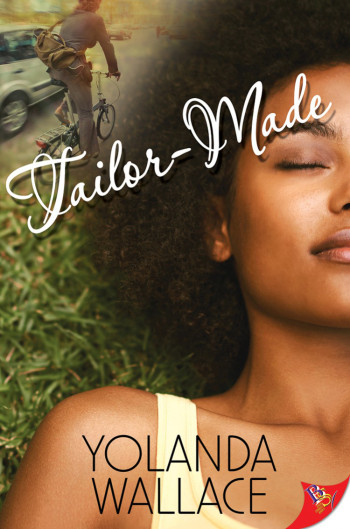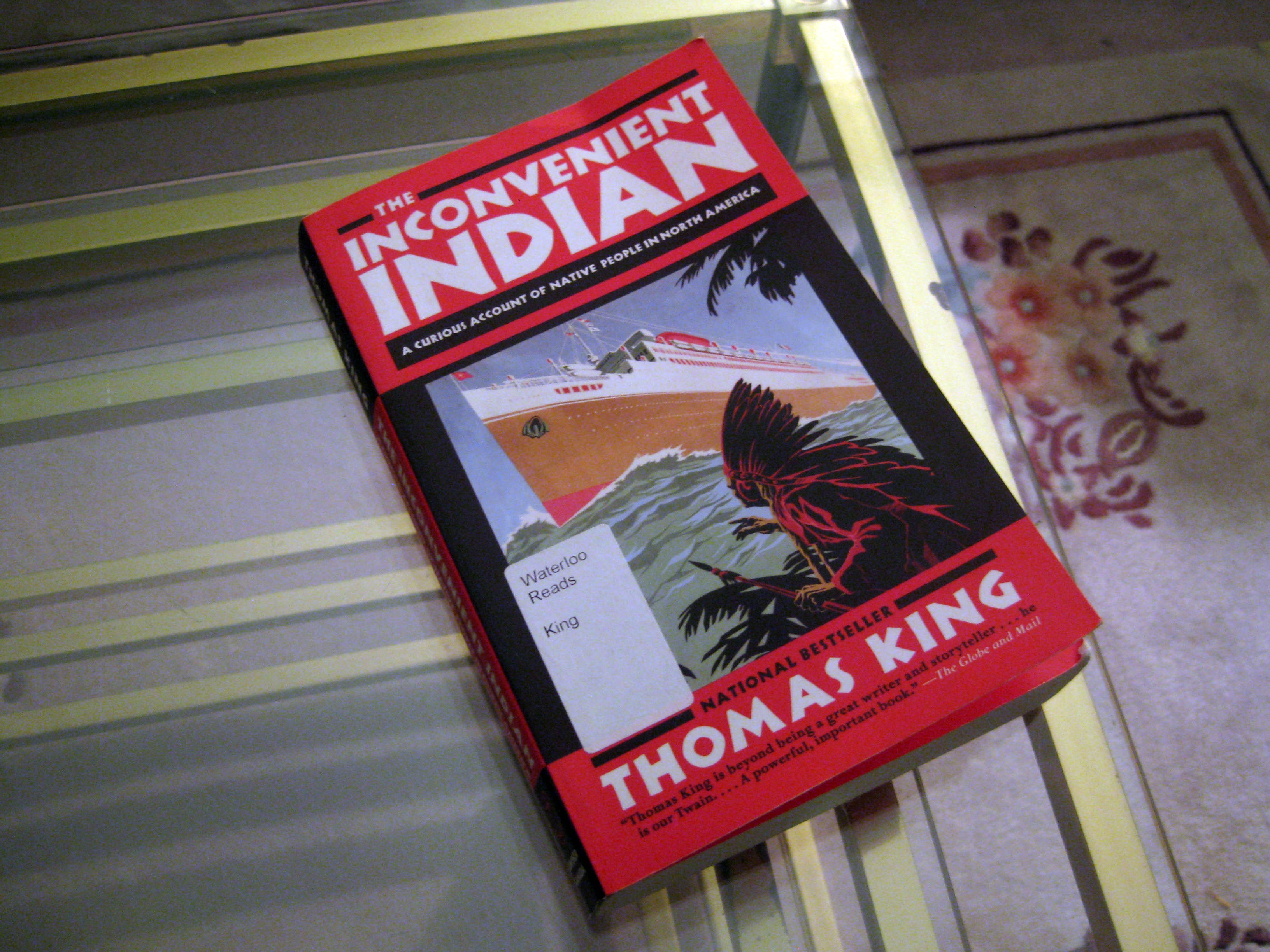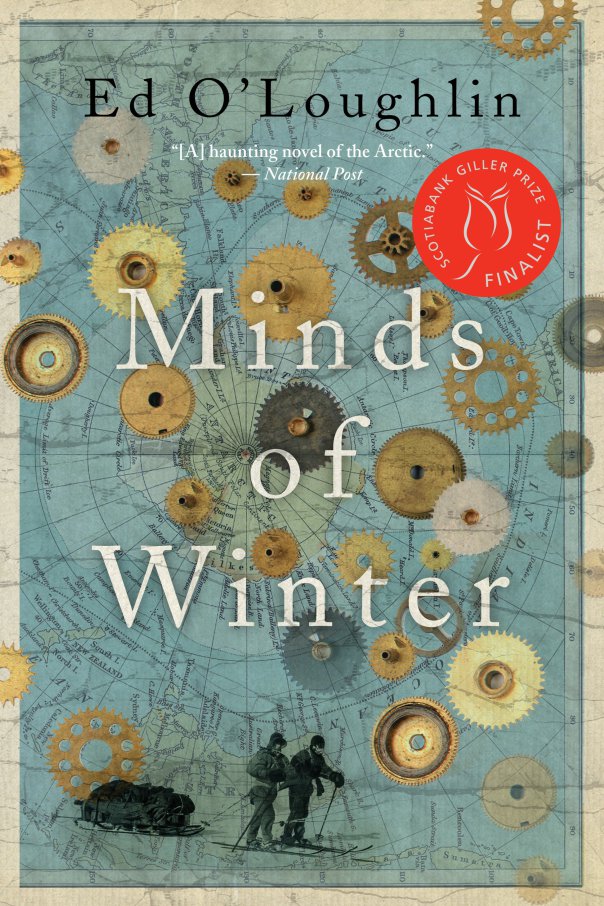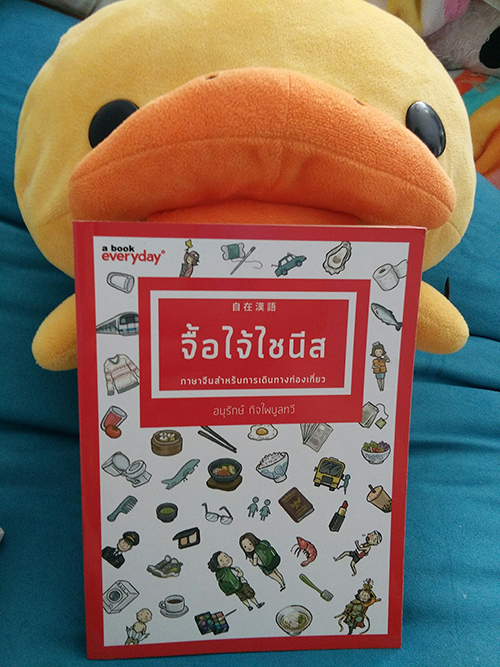Tailor-Made by Yolanda Wallace. Bold Strokes Books. 2017.
2 stars
Note: I do not recommend this book to trans and/or non-binary readers, or butch readers.
 I wanted to read this because it was a romance with a Black MC who was a tailor of bespoke suits. I was excited for all the tailoring details, and that it centered around a long-time Black-owned Brooklyn family business in a neighborhood that was gentrifying (Williamsburg). It promised complex family dynamics and a bunch of ownvoices Black characters navigating family and business in tandem. These things were absolutely the best part of this book.
I wanted to read this because it was a romance with a Black MC who was a tailor of bespoke suits. I was excited for all the tailoring details, and that it centered around a long-time Black-owned Brooklyn family business in a neighborhood that was gentrifying (Williamsburg). It promised complex family dynamics and a bunch of ownvoices Black characters navigating family and business in tandem. These things were absolutely the best part of this book.
Based on the book description, I was looking forward to a meet cute between a butch queer woman who works as a male model and needs a bespoke suit and her tailor. It was definitely a meet cute that I enjoyed, but Dakota wasn’t a butch queer woman…I don’t think? Dakota works as a male model, and generally presents as masculine of center, and is very clear its not only for work but an expression of her gender identity. Her gender identity is a bit unclear even after finishing the book. She is described as genderfluid, as butch, as androgynous, as not using pronouns, as not interested in labels (but then constantly referred to by she/her pronouns all throughout so that is what I will be using), as both a woman and not a woman. As an enby reader, I read her as enby, and MoC, and beyond that I wasn’t sure if maybe she was agender or maybe she was a trans butch or maybe she was genderfluid but I didn’t get to see her gender flux or if she just didn’t think any of the labels fit. I don’t necessarily think this is an issue, a lot of times folks aren’t sure ourselves; I just wasn’t sure that was intentional or just badly researched, given the rest of my issues with the enby rep in this story and the references to Dakota in the author’s note.
This romance read as a very classic trans acceptance romance, in that the cis MC struggles to accept her feelings/attraction for the enby MC and that’s the central conflict in the romance that doesn’t resolve til the end. Her struggle with Dakota’s gender is multilayered and placed at the center of the story, and is constantly referred to. Each time she enjoys Dakota’s company or experiences attraction, she then pulls herself back primarily because of Dakota’s gender (sometimes because she reminds herself she’s only into femmes, sometimes because she thinks of Dakota’s gender as a spectacle that will put her in the spotlight, sometimes because she is certain her family won’t approve of her dating someone who isn’t a femme woman–she’s not wrong about this, her family says terrible cissexist, gender policing and trans hating things about Dakota). She does have other concerns about a relationship with Dakota that could have created a perfectly good conflict on their own, and that do come up as well, but it’s the gender-based conflict that is centered.
This romance comes with some of the more classic things you might expect from a trans acceptance narrative. It centers a cis person who has never encountered trans people before and learns a lot about them in the process. It includes multiple infodumps about enby identity and trans experience that are both confusing and full of misinformation. It centers a cis persons journey towards acceptance, at the expense of making the enby character a full complex character with her own growth arc that’s unrelated to her gender. Instead, we have an enby character whose every conversation, work related difficulty, daily life detail, family struggle, and relationship challenge is centered on her gender identity. And the push-pull nature of the cis MC’s feelings about the enby MC mean a large amount of trans, butch and enby hating things are woven into the story; things the MCs family says, things that she thinks, arguments she has with herself about her attraction. This includes things like the cis MC talking about the enby MC as “the best of both worlds” while they are having sex. It includes the enby MC asking if she’s right, that the cis MC thinks she’s “not woman enough for her”, and the cis MC nodding. It also is clearly written in a way that centers cis readers.
Acceptance narrative oriented romances are generally written in ways that are harmful to the marginalized folks they have the more privileged MC work through their issues to accept. In this case, this book is likely to be harmful to trans and/or enby readers (I certainly found it so).
The enby acceptance narrative at the center of this story made it so that I could not root for these characters to be together. I thought Grace was a spectacularly awful match for Dakota. She spent the entire book unable to be okay with Dakota’s gender identity, and I would not wish such a relationship on any trans or non-binary person.
Representation
- Black lesbian heroine
- Black non-binary MC
- Black lesbian author
Content Warnings (in white, highlight to read)
Trans acceptance narrative. Gender policing. Trans hatred. Slut shaming. Sexual harassment on the job. Misgendering of secondary trans characters. Casual fat antagonism. Misgendering of the enby MC at the conclusion of the book, which is described as loving and validating. On the page sex. Bicycle accident leading to injury. Substantial alcohol use. References to familial rejection for queerness and gender expression.
Disclosures
- Source of the book: ARC from the publisher via Netgalley
- I have had no contact with the author.
Get this book
Buy this book at The Ripped Bodice
Buy this book at Barnes and Noble
Buy this book on Amazon
Add this book on Goodreads
Share this:




